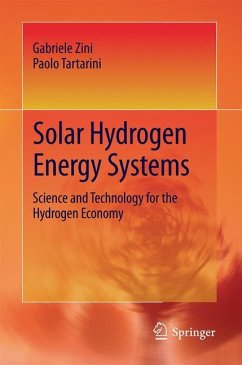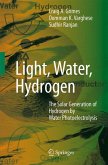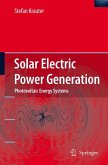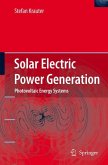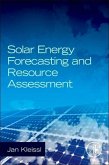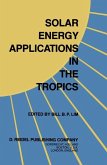This volume provides the complete mathematical and chemical description of hydrogen used for storing and re-using the energy from renewable energies. The text also covers RENs, photovoltaics and wind, electrolyzers, hydrogen storage and fuel cells.
The complete mathematical and chemical description of hydrogen used for storing and re-using the energy from renewable energies is covered in the book. RENs, mostly photovoltaics and wind, electrolyzers, hydrogen storage and fuel cells are described in details as a unique hybrid system capable of surpassing the limitations of uneven solar energy.
The complete mathematical and chemical description of hydrogen used for storing and re-using the energy from renewable energies is covered in the book. RENs, mostly photovoltaics and wind, electrolyzers, hydrogen storage and fuel cells are described in details as a unique hybrid system capable of surpassing the limitations of uneven solar energy.
From the reviews:
"Zini and Tartarini ... provide a well-balanced overview of the hydrogen energy scene. ... This ten-chapter book carefully explains the problems and the promise of this chemical as an energy source. ... The book includes helpful comparisons of various fuel sources by cost, safety, ease of handling, weight, and availability. ... Graphs, charts, photographs, and equations aid the serious student of this field. A list of references follows each chapter. Summing Up: Highly recommended. Lower-division undergraduates and above; informed general readers." (J. C. Comer, Choice, Vol. 51 (1), September, 2013)
"Zini and Tartarini ... provide a well-balanced overview of the hydrogen energy scene. ... This ten-chapter book carefully explains the problems and the promise of this chemical as an energy source. ... The book includes helpful comparisons of various fuel sources by cost, safety, ease of handling, weight, and availability. ... Graphs, charts, photographs, and equations aid the serious student of this field. A list of references follows each chapter. Summing Up: Highly recommended. Lower-division undergraduates and above; informed general readers." (J. C. Comer, Choice, Vol. 51 (1), September, 2013)

